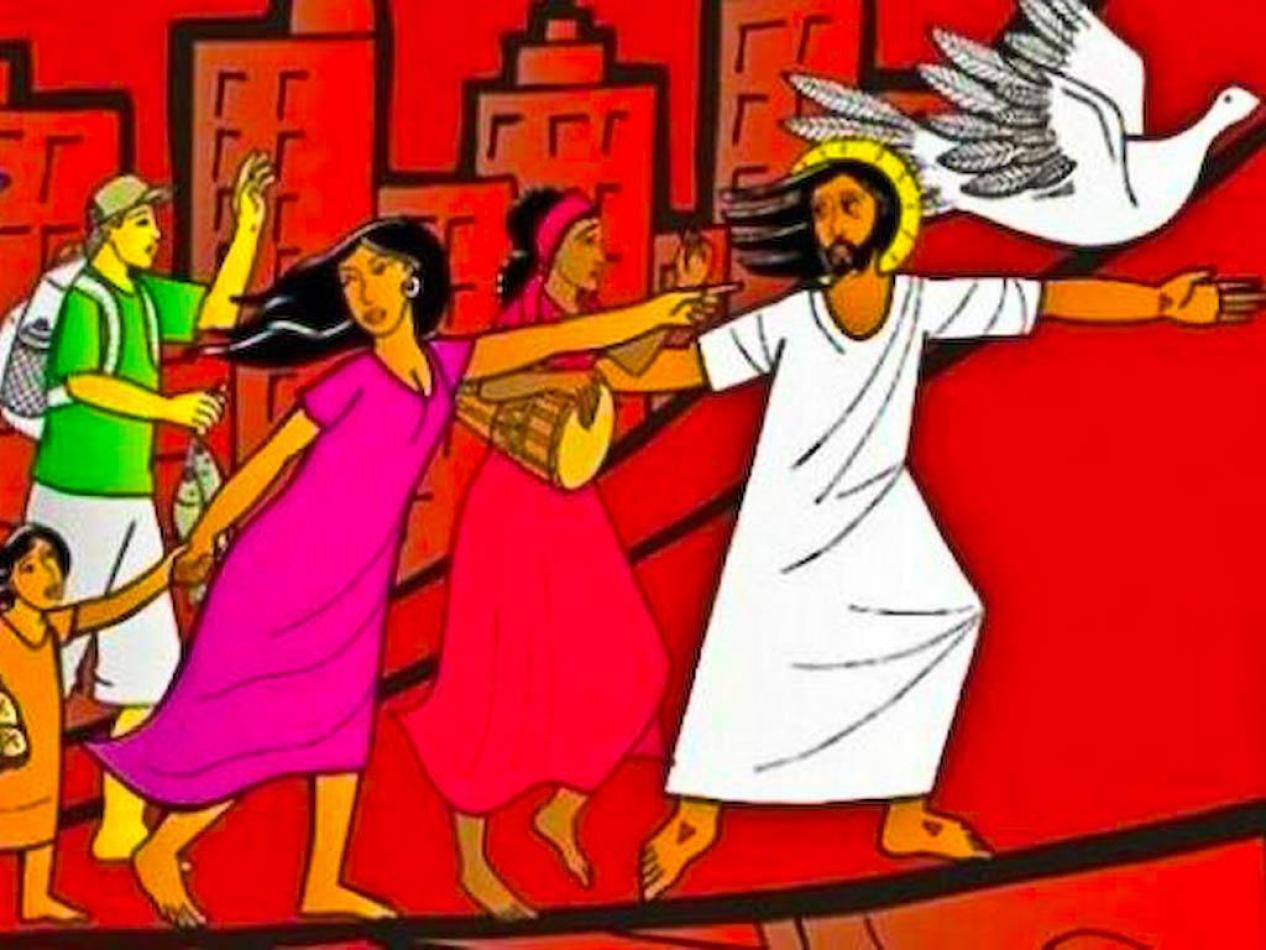Daniel Comboni
Comboni Missionaries
Institutional area
Other links
Newsletter
Monday, December 19, 2022
The American Church has spoken. To put it another way, the local and diocesan responses in the US to the pope’s call for a global synod have been brought together and the findings published as a synthesis, which will be submitted to the final stages of the synodal process. [The Catholic Herald. Translated by: Jpic-jp.org]
No fewer than 700,000 of the 66.8 million people who make up the US Catholic Church took part in the consultation. Summarising so many and such diverse opinions wasn’t easy. The report observed that many Catholics initially regarded the whole exercise with “a combination of excitement, confusion and scepticism”, though many found the experience of listening to others, and being listened to, unexpectedly rewarding. Indeed, “some noted how few opportunities are offered for true listening in a culture where we routinely speak past each other”. That’s true.
Yet the problem with the US Synod is precisely the same as with other national synods: Catholics differ, and their opinions on how to address pressing issues in the Church differ too. The Synodal process was never intended to resolve problems about the position of gay Catholics or of the divorced and remarried, or indeed women’s ordination, though it may well have been helpful to discuss them.
Yet reading the synthesis, it is hard not to be struck by the number of responses that should be addressed.
For instance, every church in the world can relate to “the strong, lingering wound caused by the abuse of power and the physical, emotional and spiritual abuse of the most innocent in our community. There was a recognition that this pain has had a compounding effect on priests and lay ministers’ willingness to develop closer relationships with the people they serve due to a fear of being misinterpreted or falsely accused.” Behind these sentences lies a world of anguish.
The hunger for spiritual formation was striking. A common theme in the reports was the plea for Bible study groups and “members of all dioceses… wish the Church would do more to support their spiritual growth by exposing them to many aspects of the rich heritage of Catholic spirituality”. That is the proper business of bishops and of parish priests. If “the hungry sheep look up and are not fed”; well, they should be fed – that’s what pastors are for. Specifically some participants called for a more profound sacramental preparation for children and parents as a prelude to lifelong faith formation. That identifies a critical area of concern; inadequate catechesis. As for the heartfelt plea for better homilies, most parishes can relate to that.
This being a US consultation, many participants said they felt the Church was deeply divided. One declared that “the divisive political ideologies present in our society have seeped into all aspects of our lives”.
Yet some of these problems were self-inflicted. The divisions over the liturgy, for instance, which many people were concerned by, have plainly been exacerbated by Pope Francis’s decision to restrict the celebration of the Mass in the so-called Tridentine Rite, or extraordinary form.
Many areas found it difficult to provide for Catholics with different languages. An obvious response is that a common Latin liturgy in the ordinary form should be provided in every deanery, so that people of every language can participate in church, as was once the case everywhere. But that would mean teaching people how to engage in it.
There is one respect where the bishops should listen to the laity, and it is worth quoting this passage in full. “Nearly all of the synodal consultations saw clear, concise, and consistent communication as key… The general category of transparency was mentioned over and over again: Transparency in the sex abuse crisis, transparency in making difficult decisions, transparency in financial matters, transparency in admitting when something goes wrong… Transparency brings accountability which many people feel is lacking in the Church.”
This is not an issue that divides liberals and conservatives; this is about decent governance of the Church and about treating the laity as adult Christians. Indeed, it is the US laity – especially business leaders, philanthropists and members of lay religious orders – who are increasingly providing real Catholic leadership in America today. They are the real energising force in the Church, and that is a positive trend
The danger of the synodal process is that it raises false expectations that fundamental issues of teaching can be changed – for instance in respect of divorce and remarriage – simply if enough people express concern about it. The other danger is that it may seek to present countless disparate views as a single voice.
Yet the overwhelming finding from the synodal synthesis is that “participants expressed a deep desire and hunger for God”. That desire and hunger is what the Church exists to meet. It’s good to be reminded of it.
See, Listening to the laity can only help the Church
The Catholic Herald
Translated by: Jpic-jp.org




